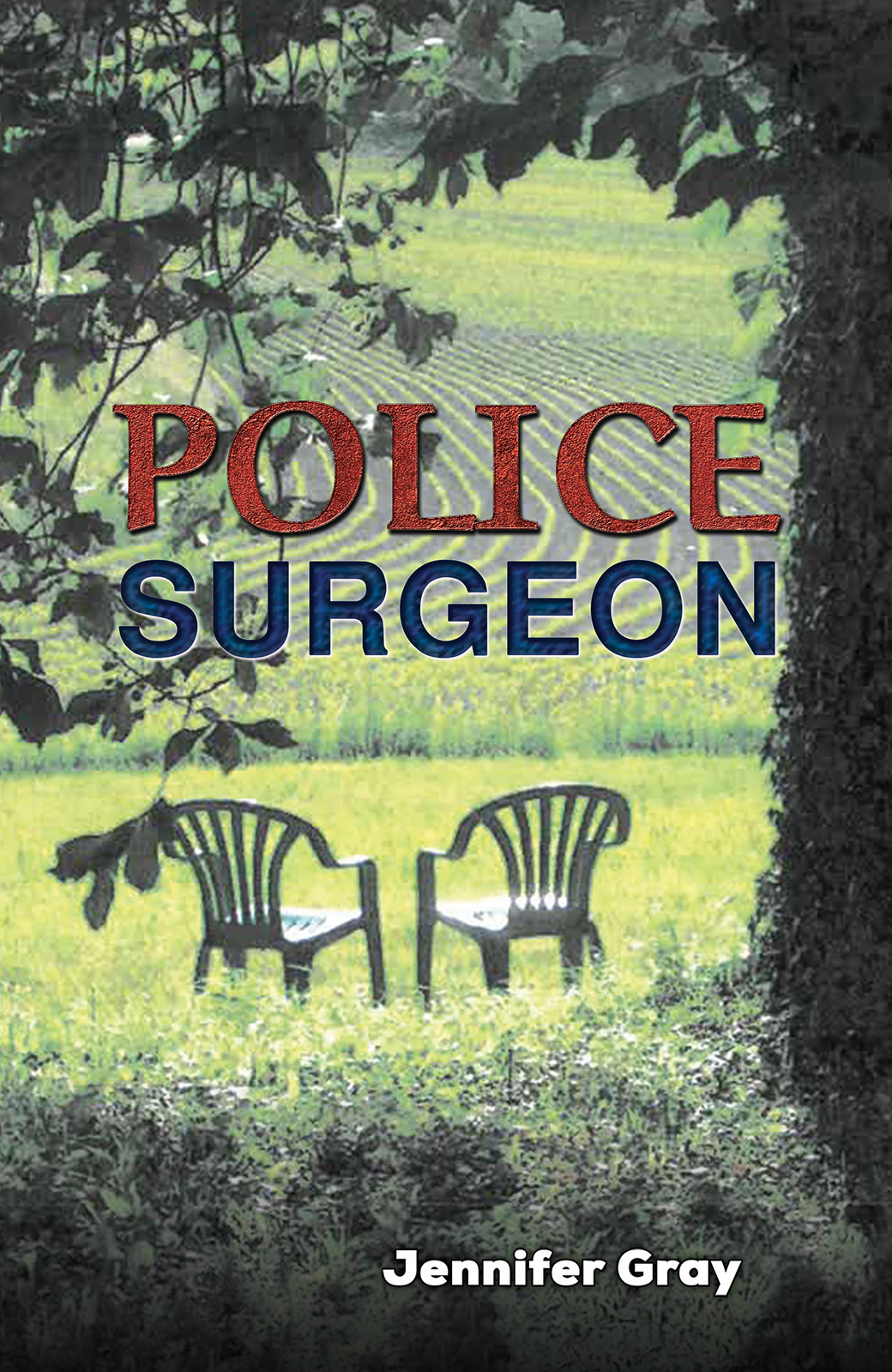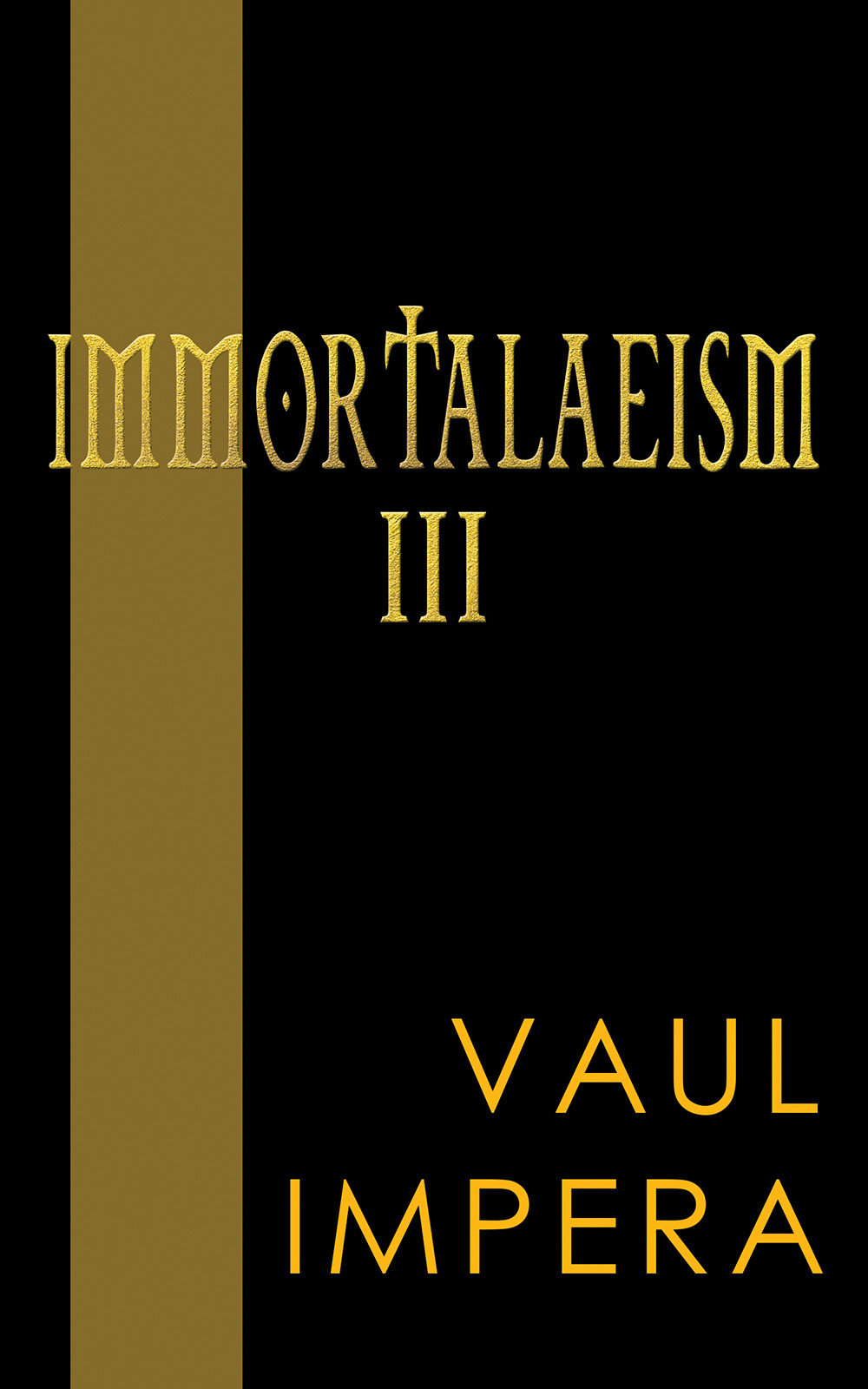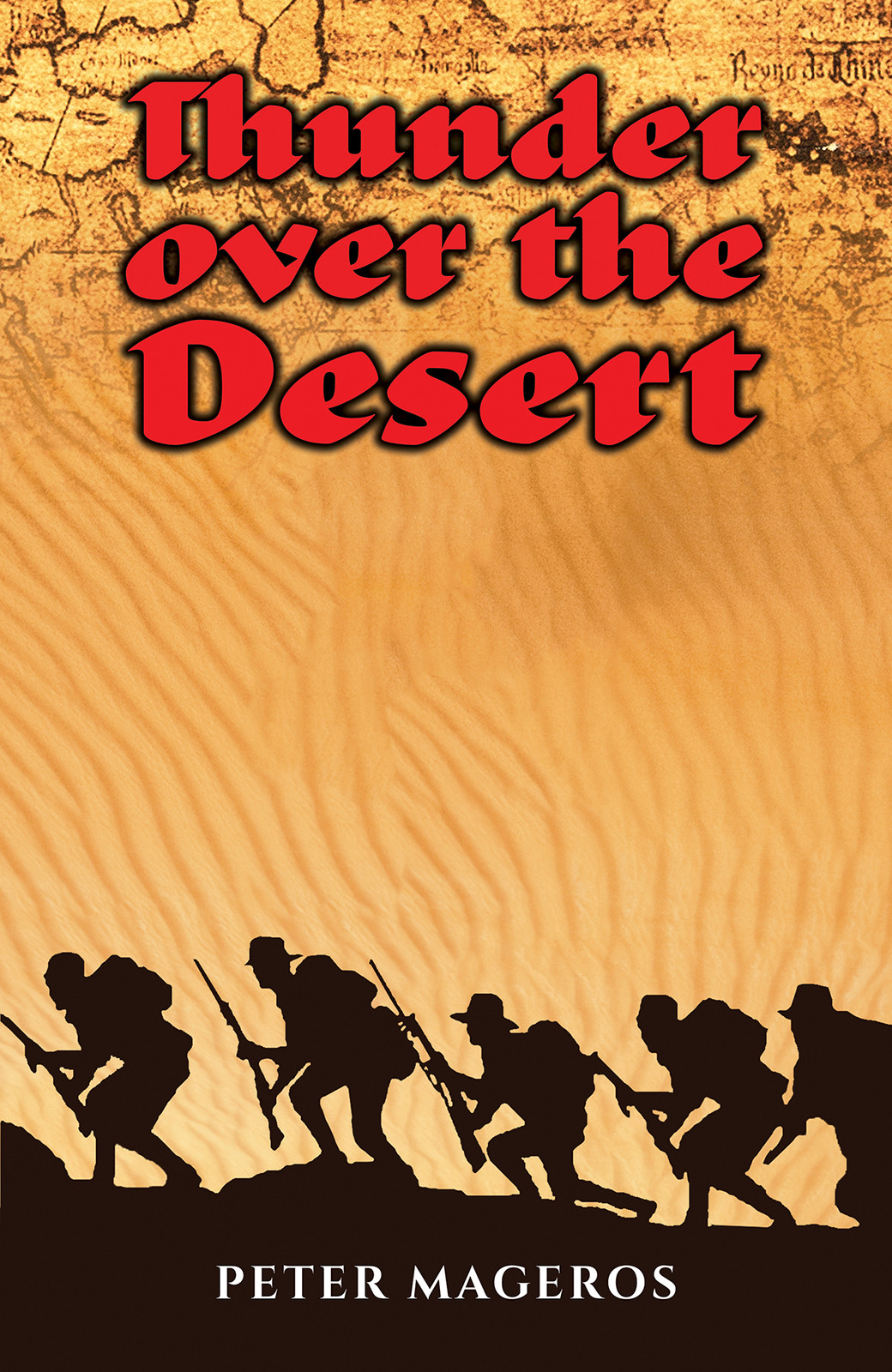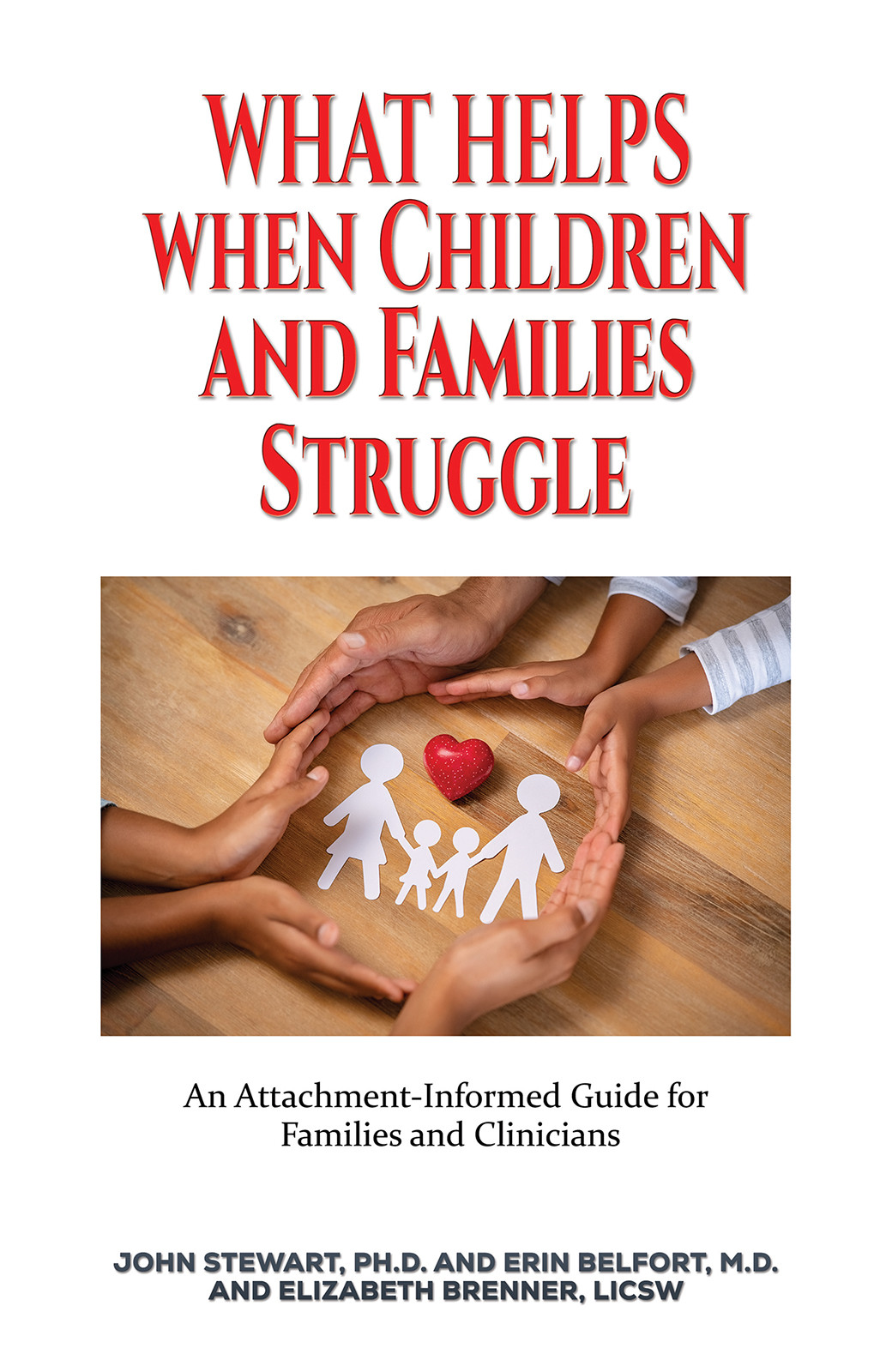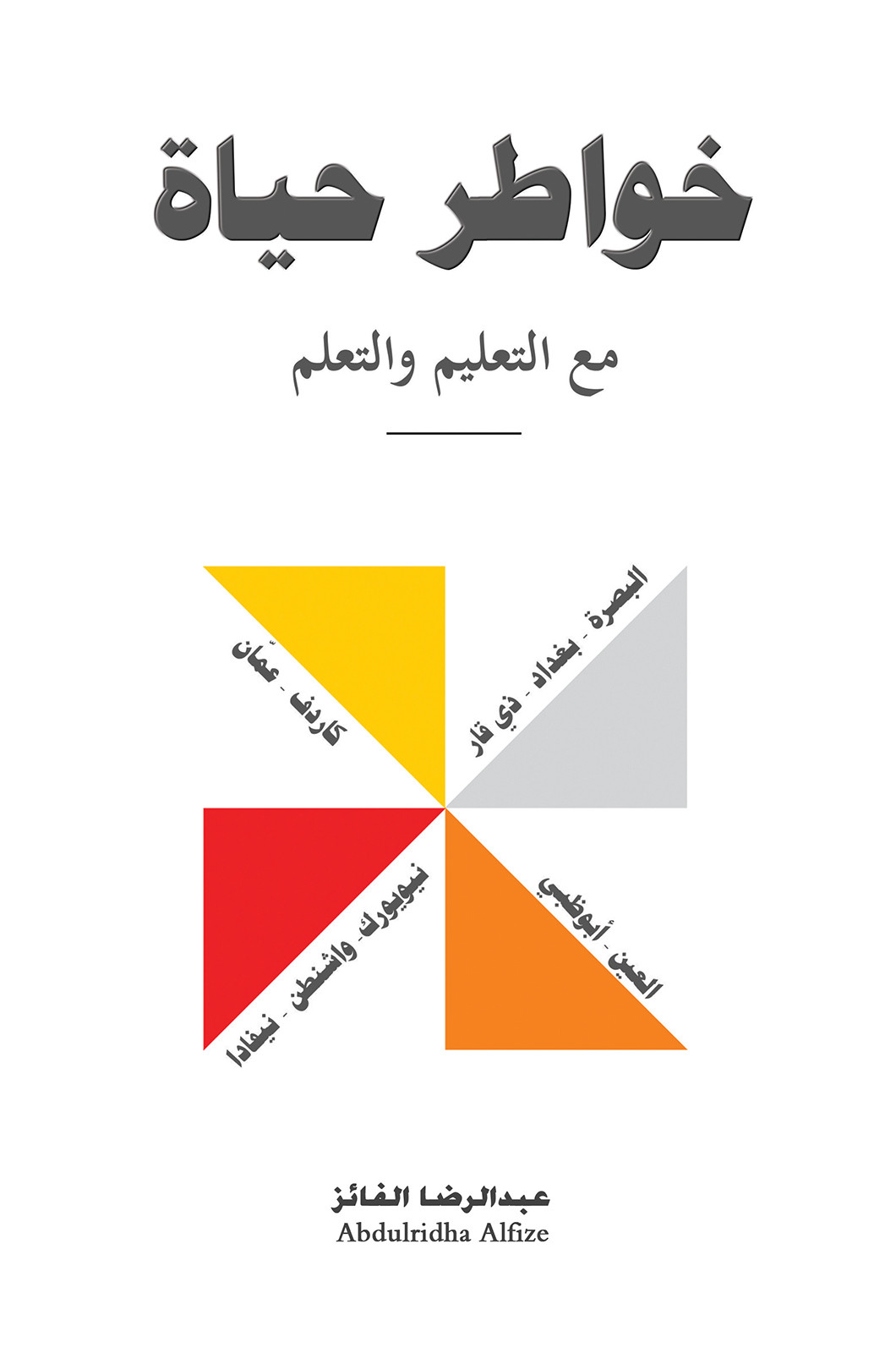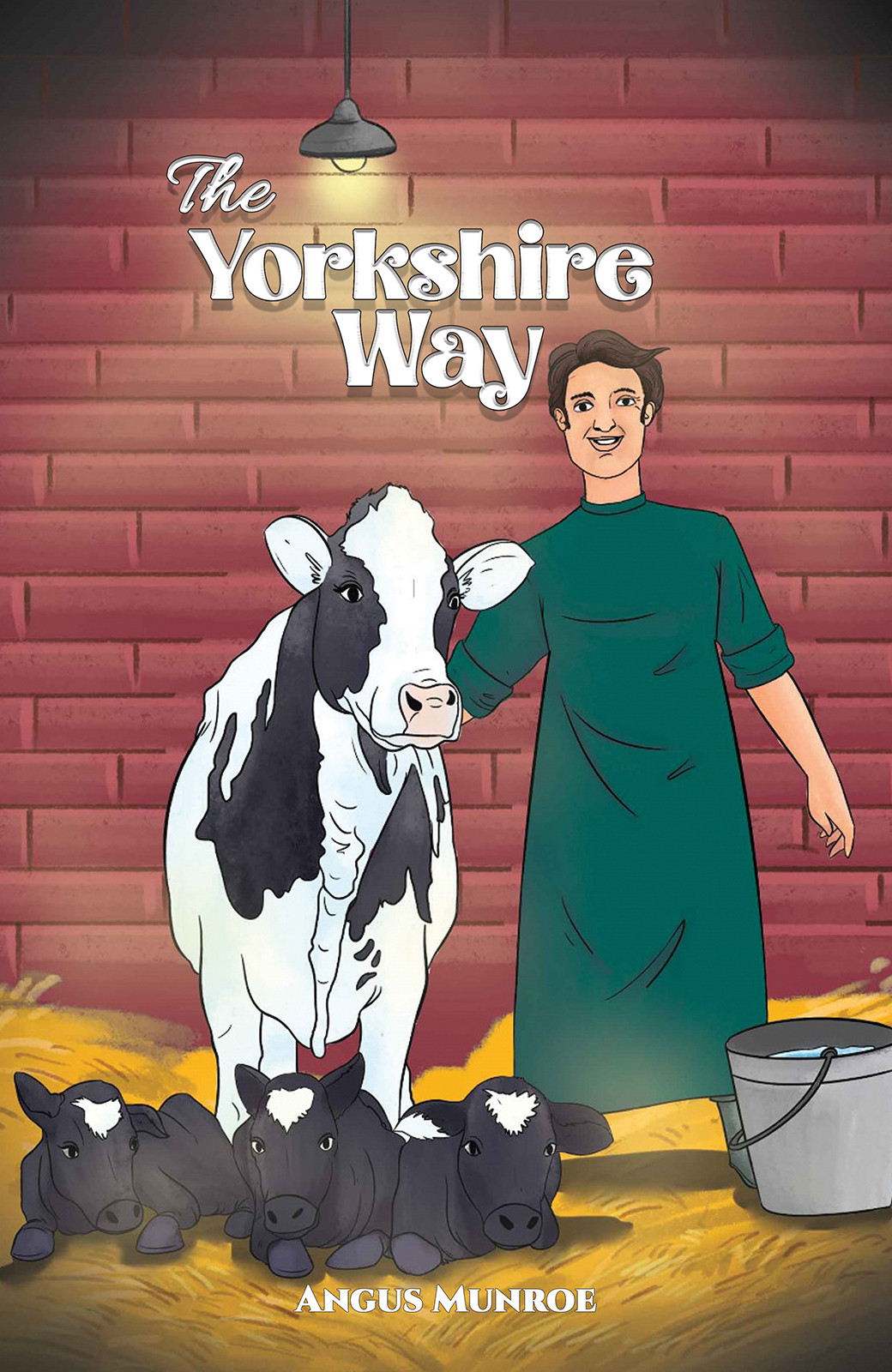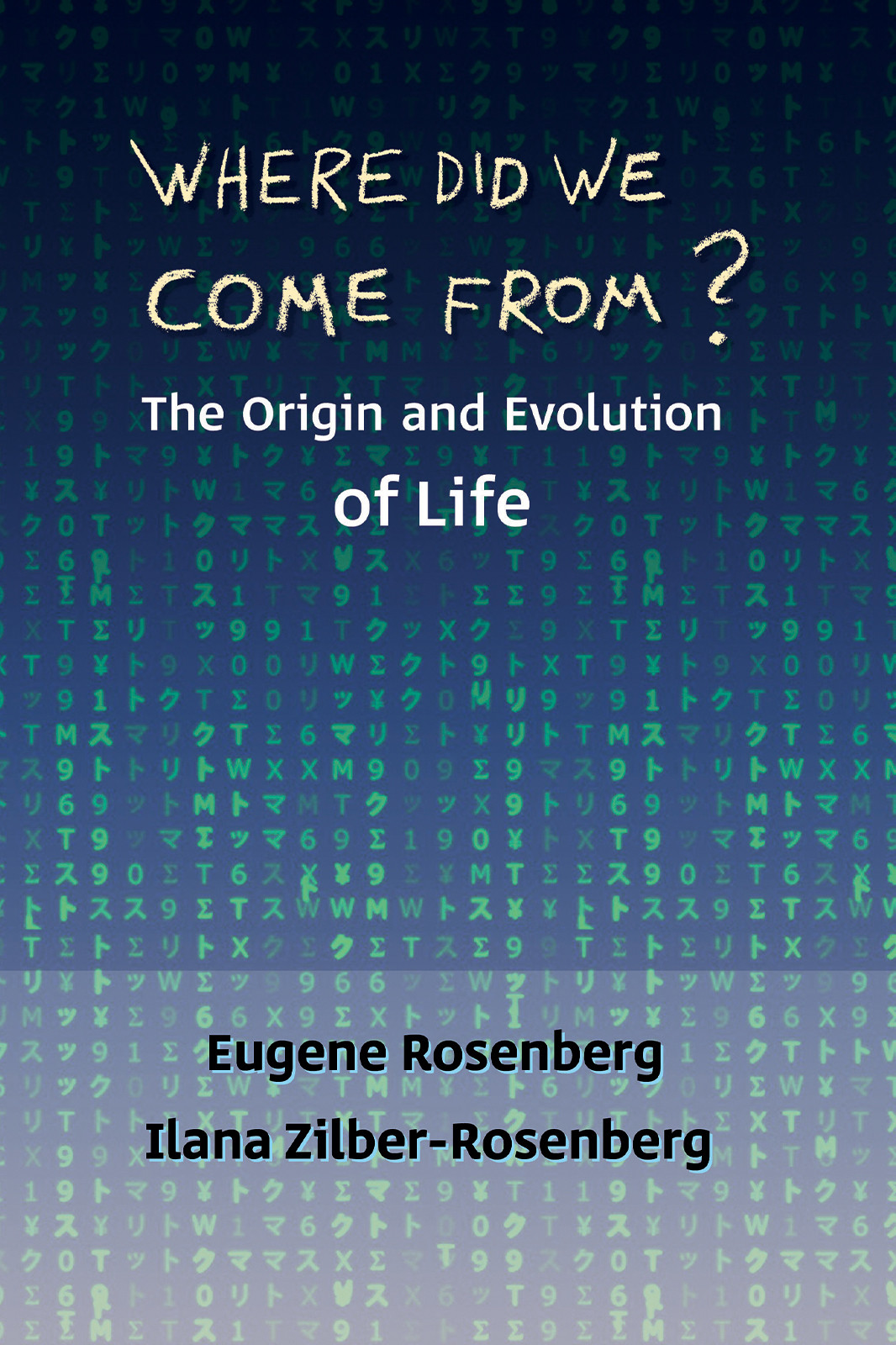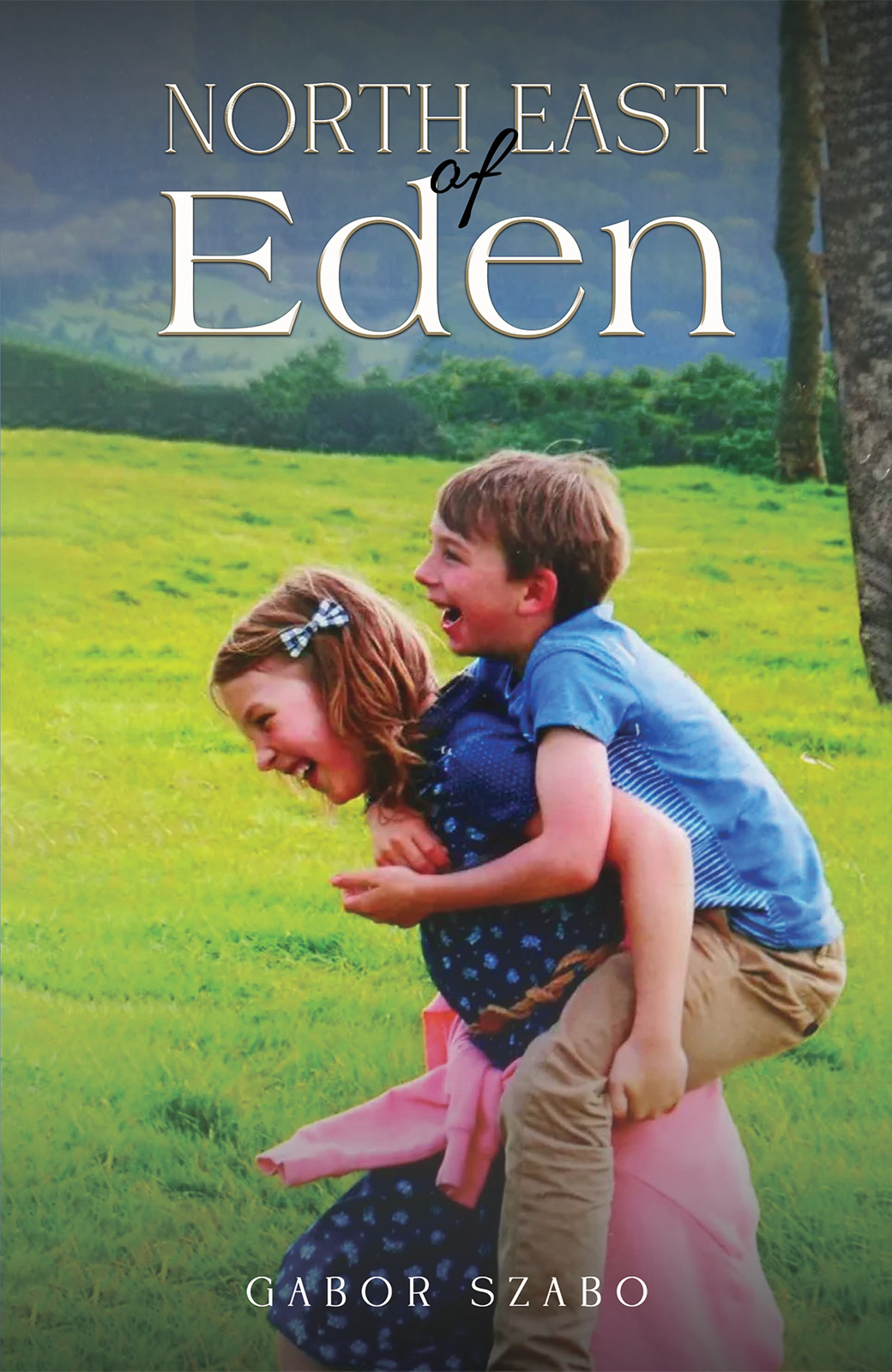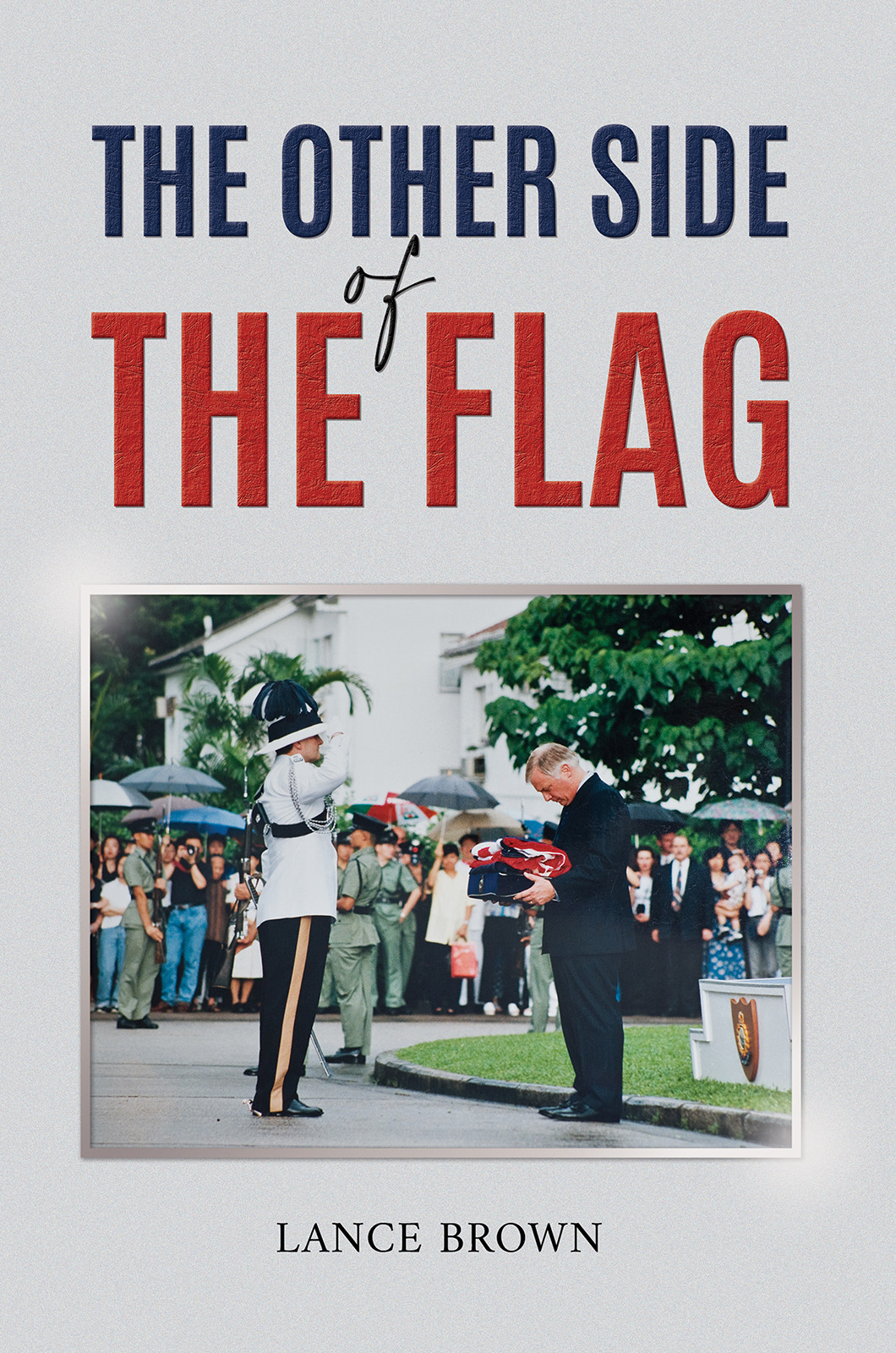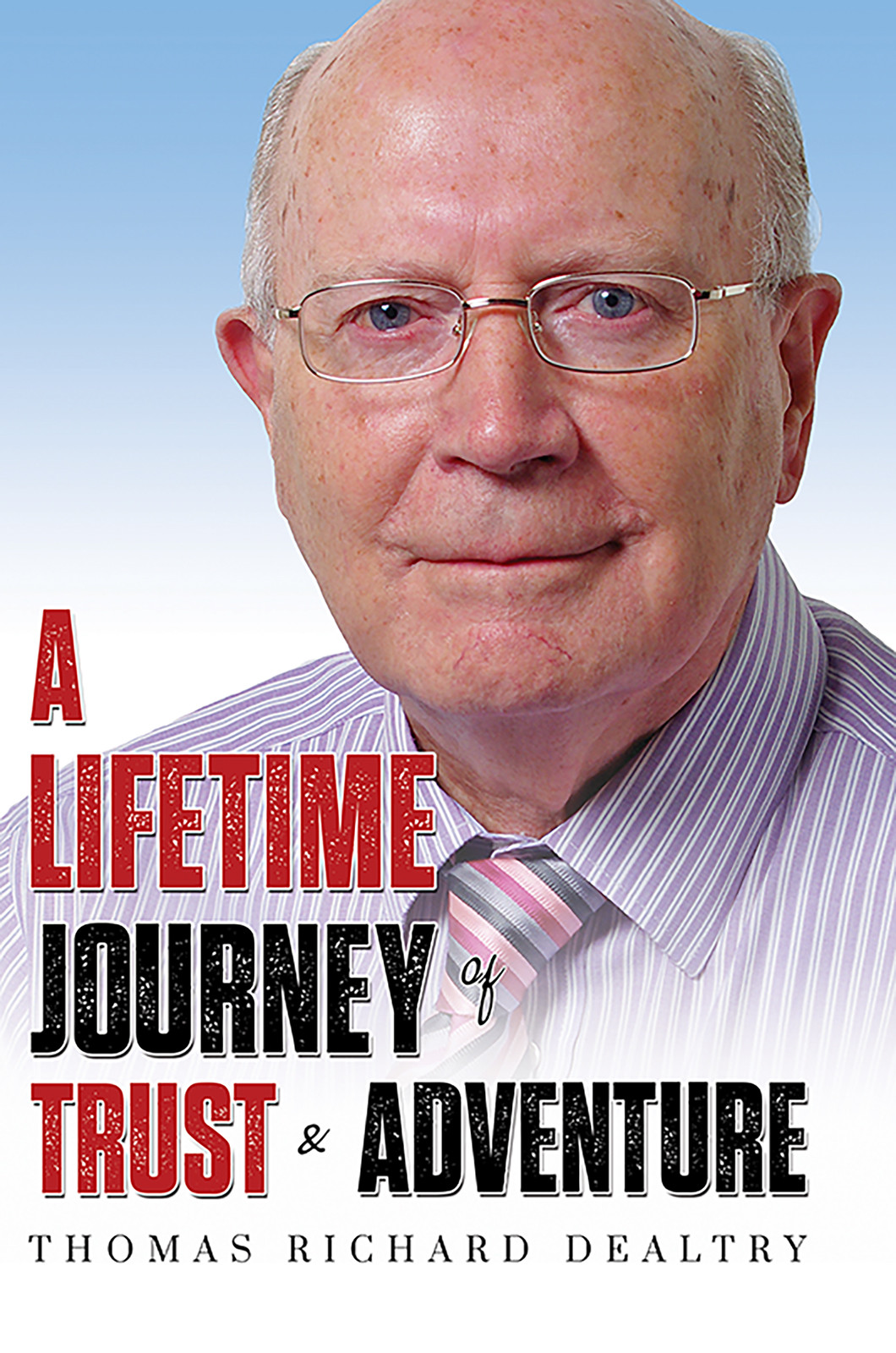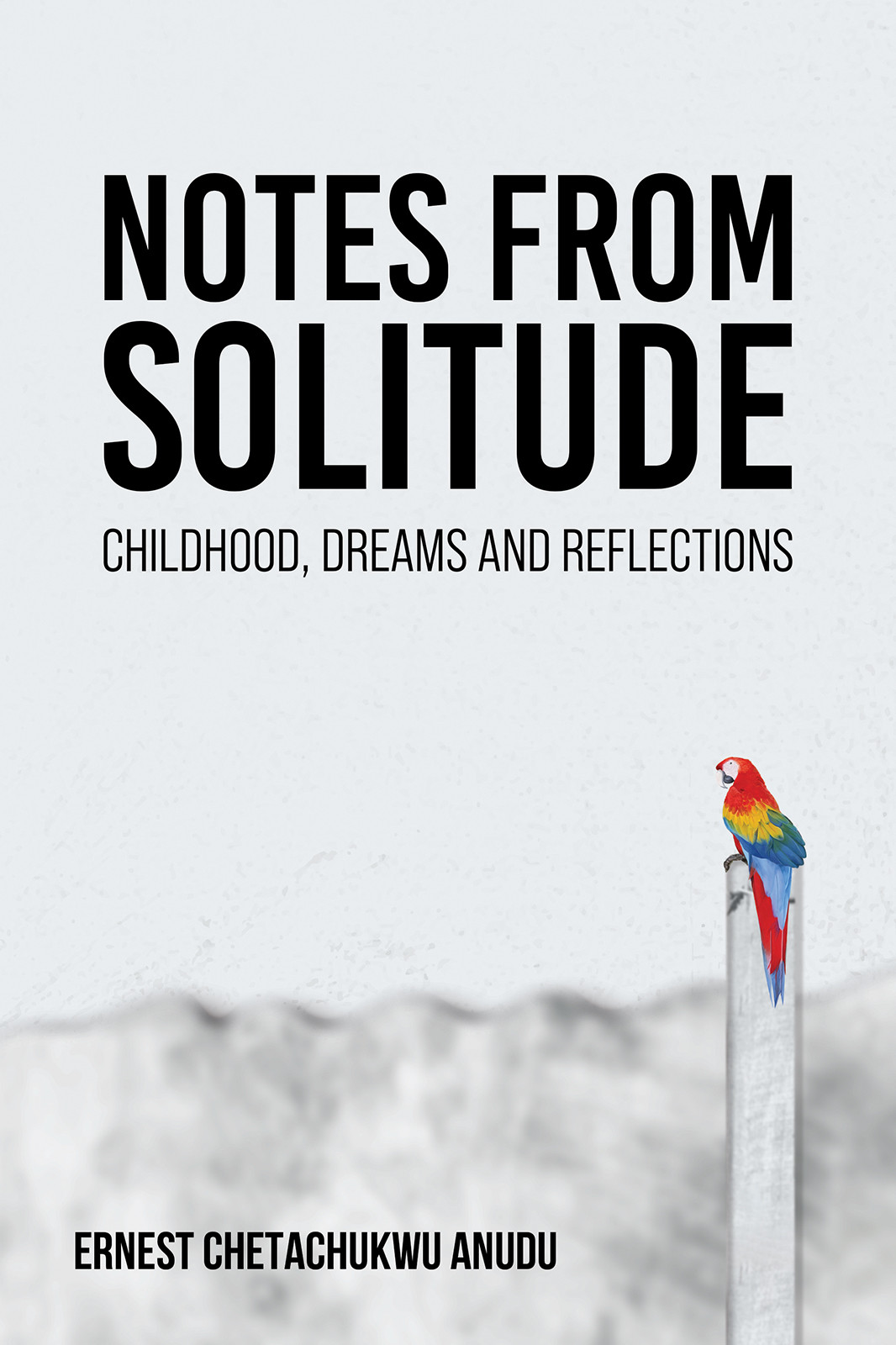Police Surgeon
In Police Surgeon, Jennifer Gray weaves a lifetime of observations into poetry, drawing from her experiences as a doctor, forensic examiner, and keen observer of everyday life.
Her poems move effortlessly between the deeply personal and the universal, capturing moments of quiet beauty, profound sorrow, and unwavering resilience. From the solemnity of a crime scene to the delicate act of nurturing nature, from the lingering scent of lilacs to the devastation in Haiti, Gray’s verse is unflinchingly honest.
At times meditative, at times sharp and visceral, her poetry explores faith, memory, and the fleeting nature of life with striking clarity and compassion. A poignant and powerful collection that invites readers to reflect on the depths of human experience.

